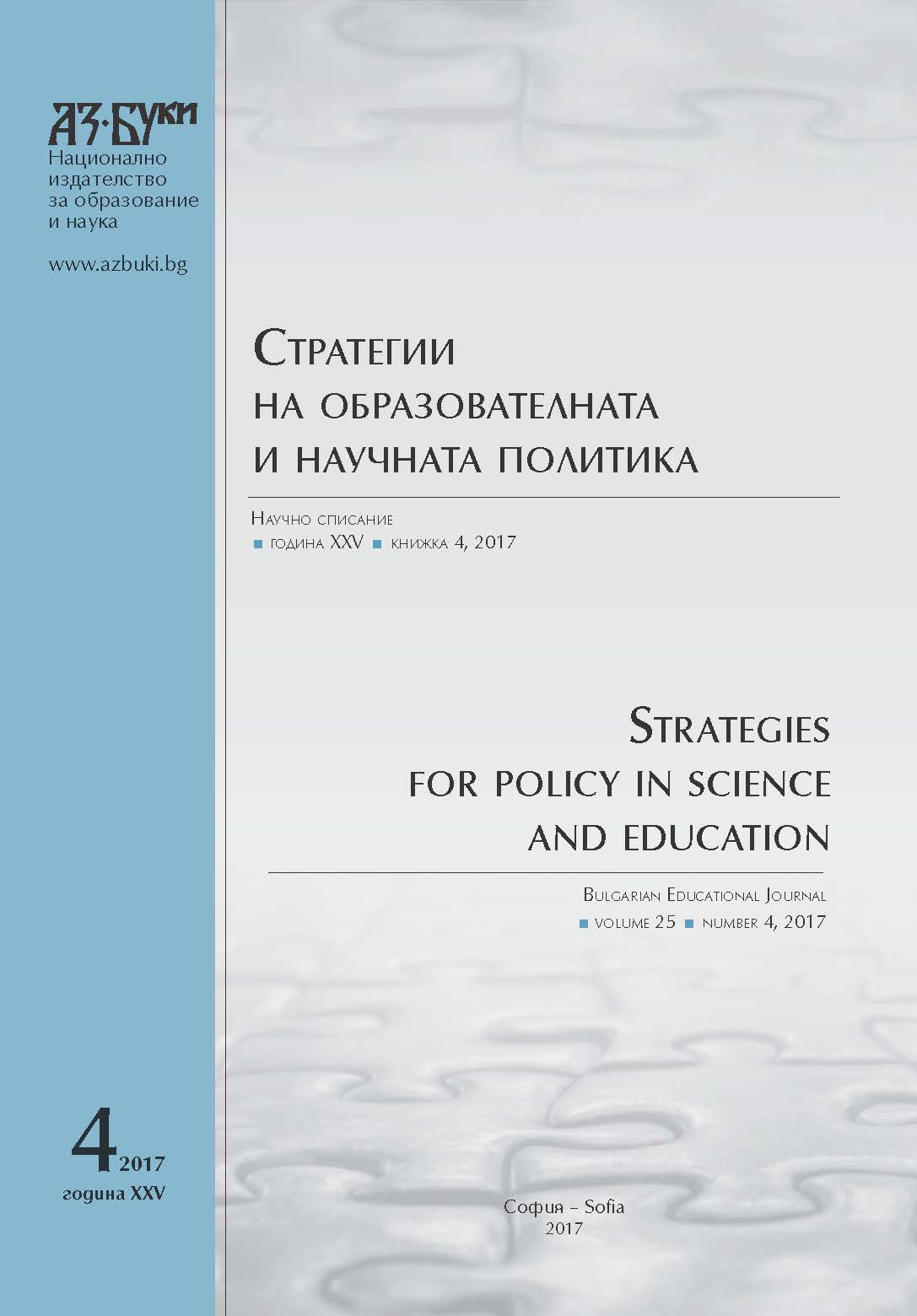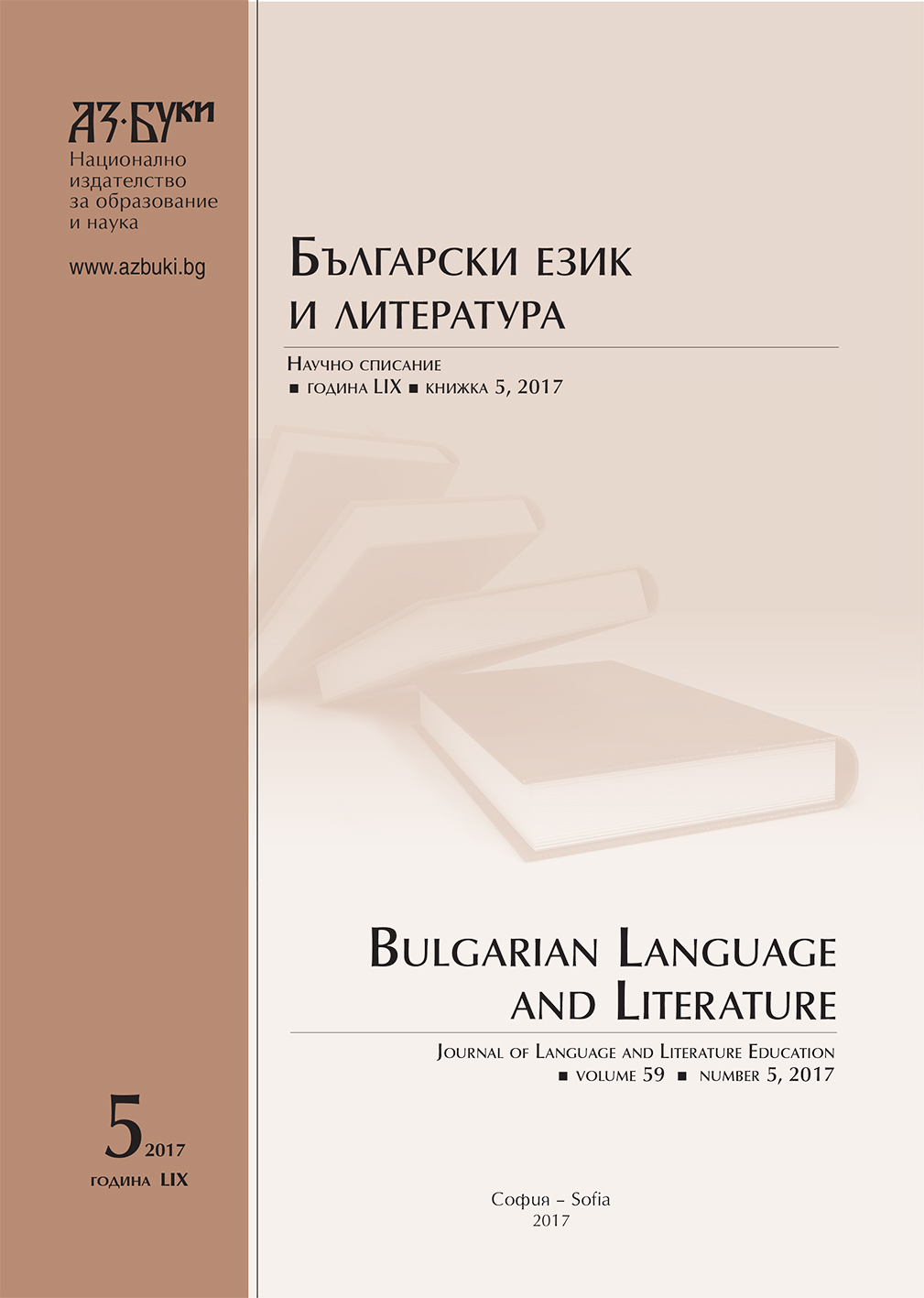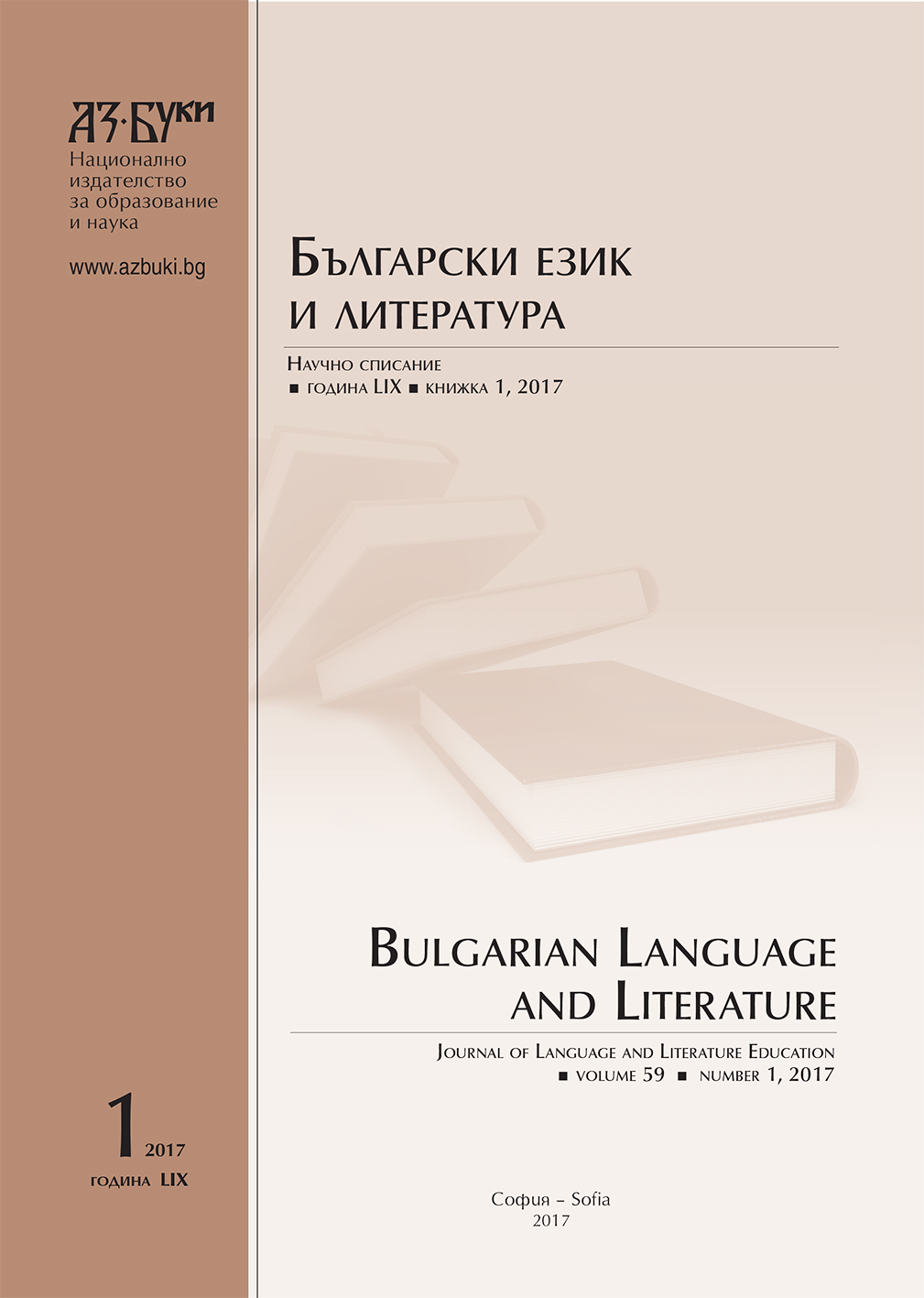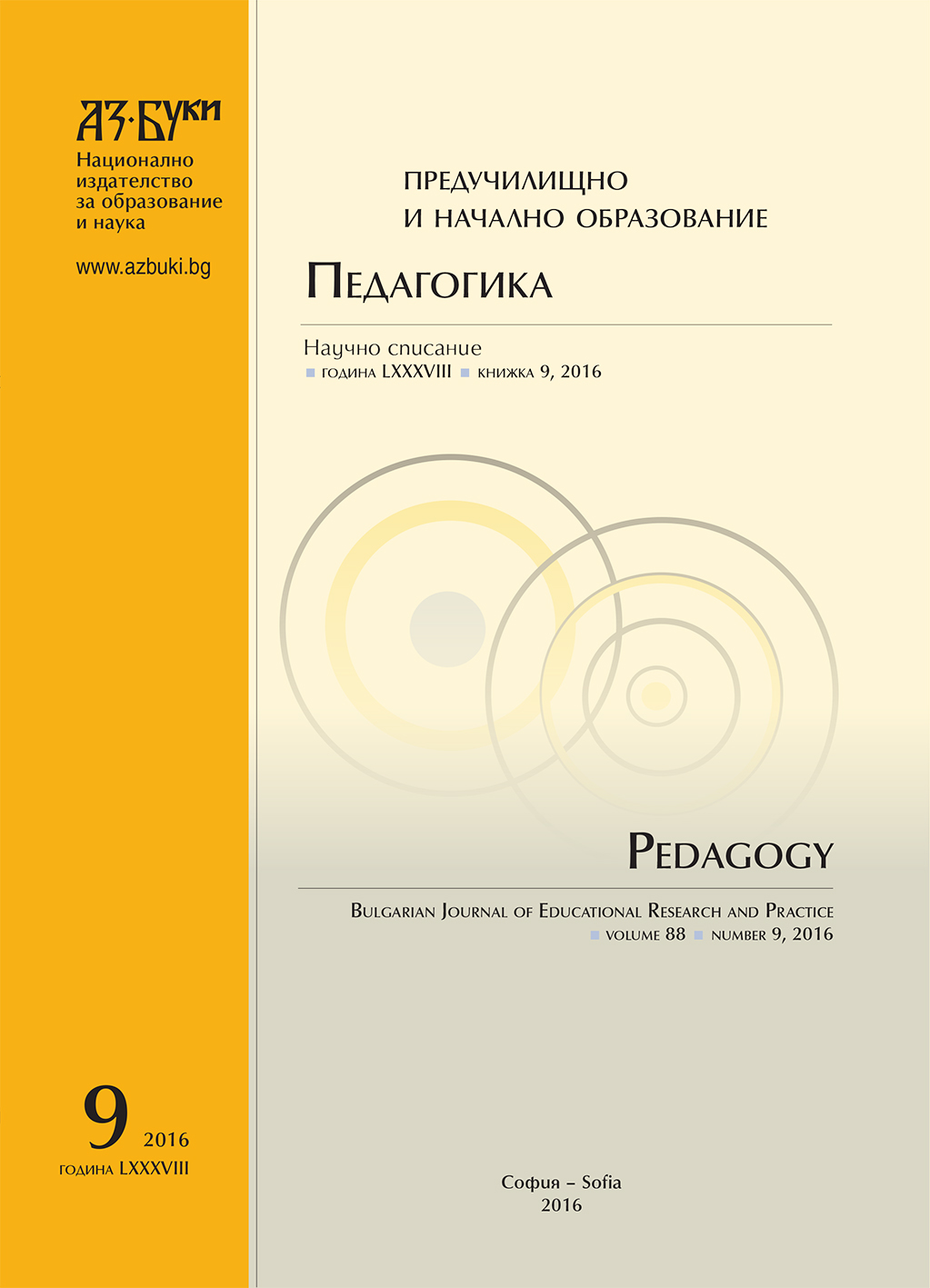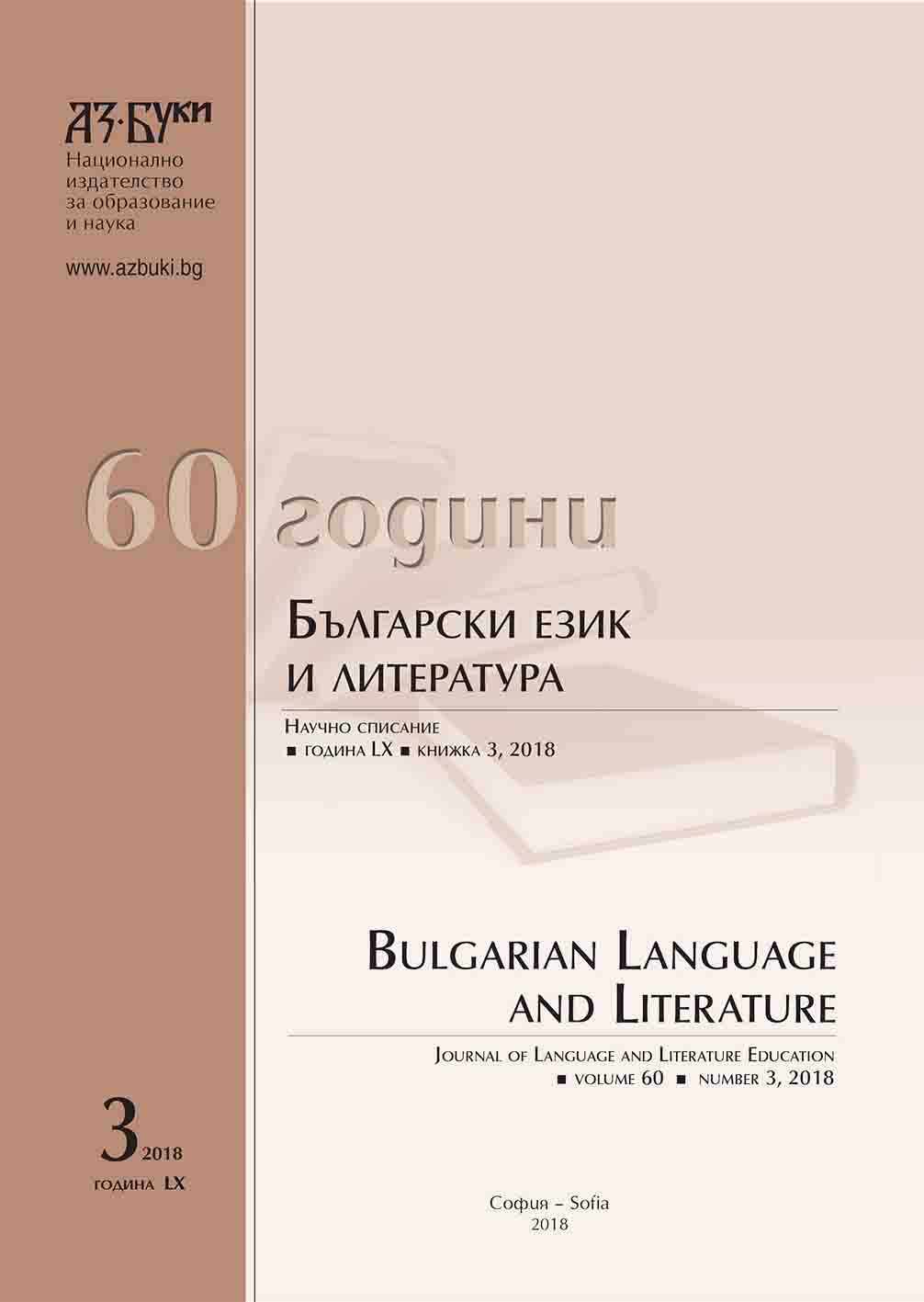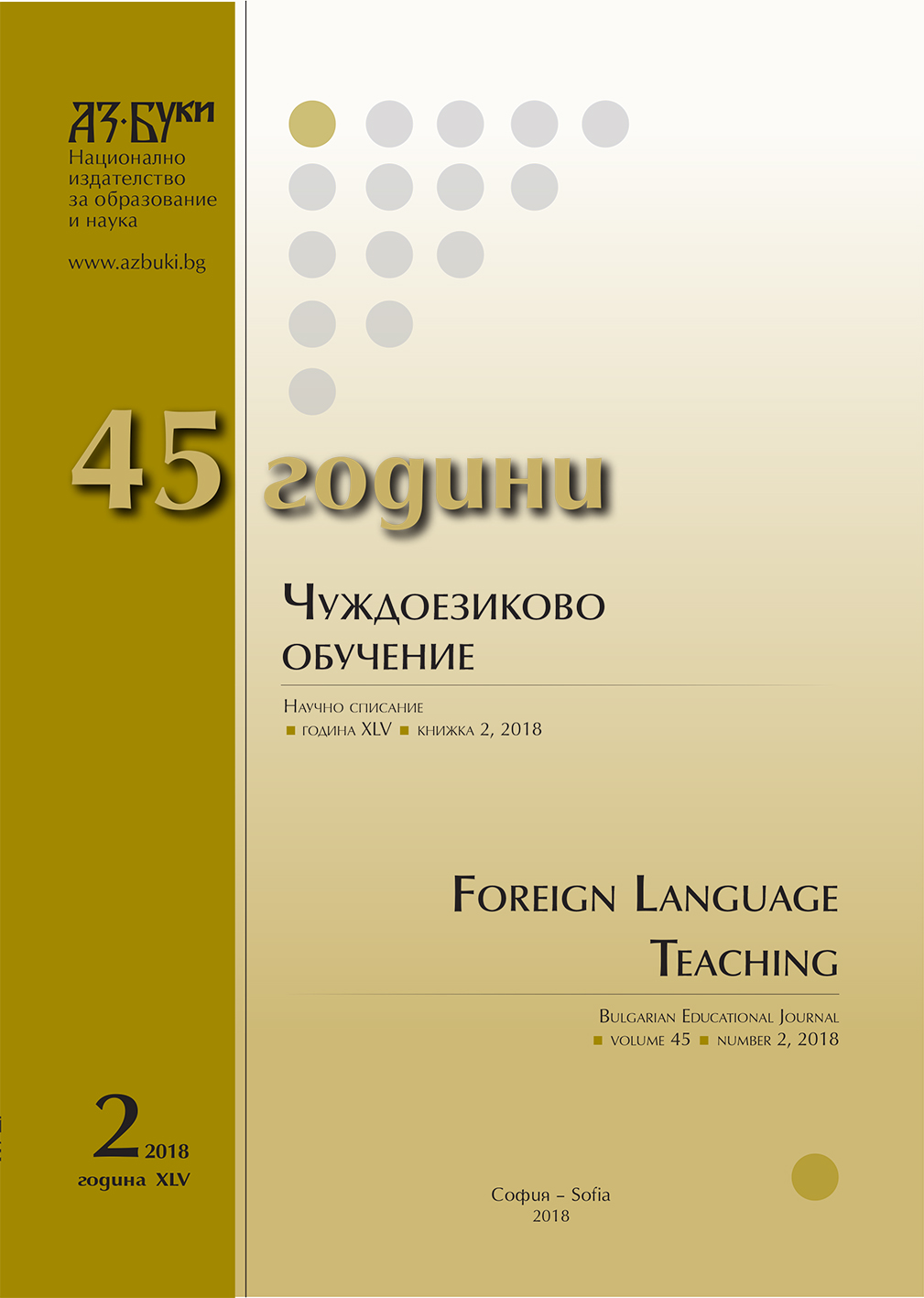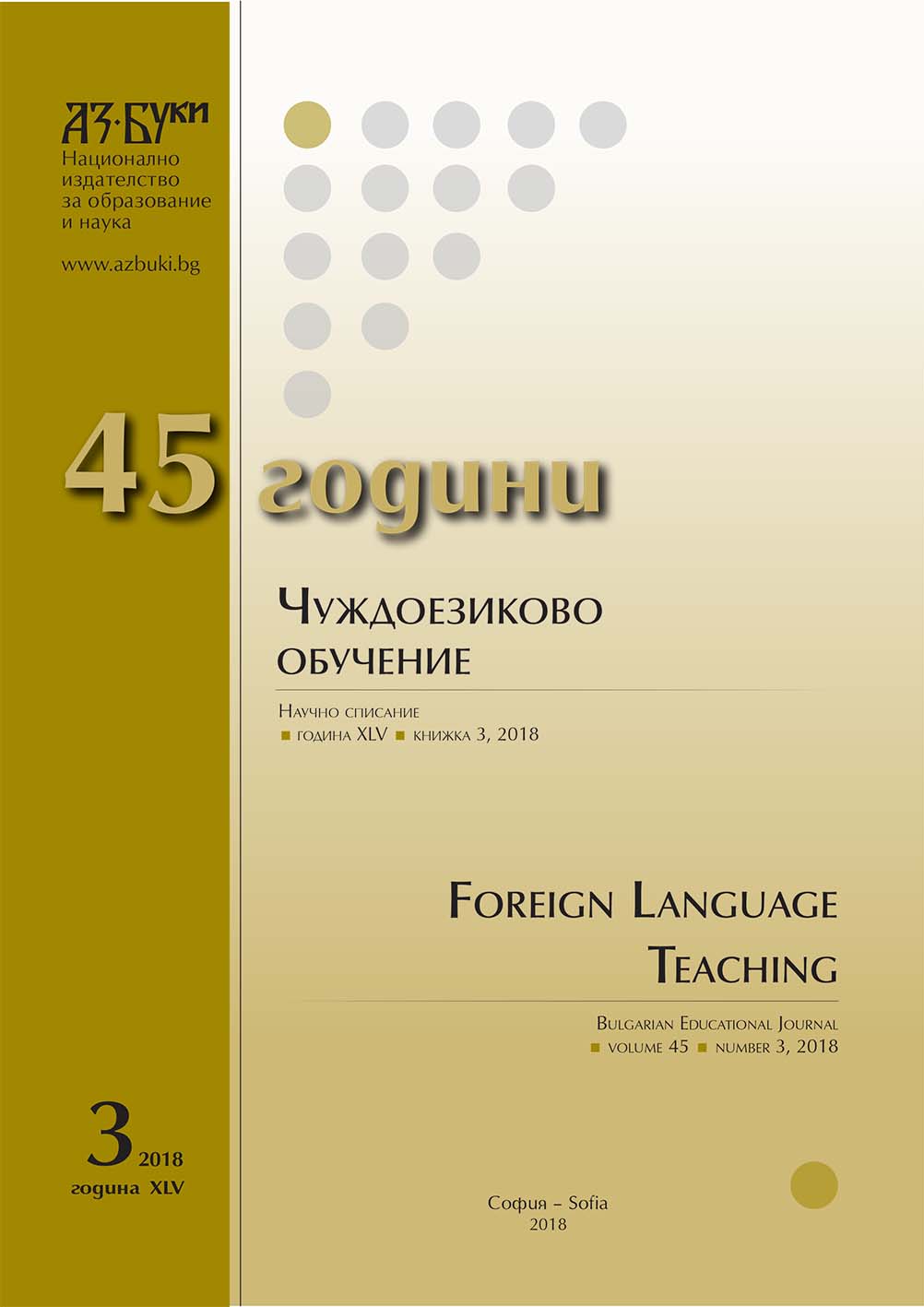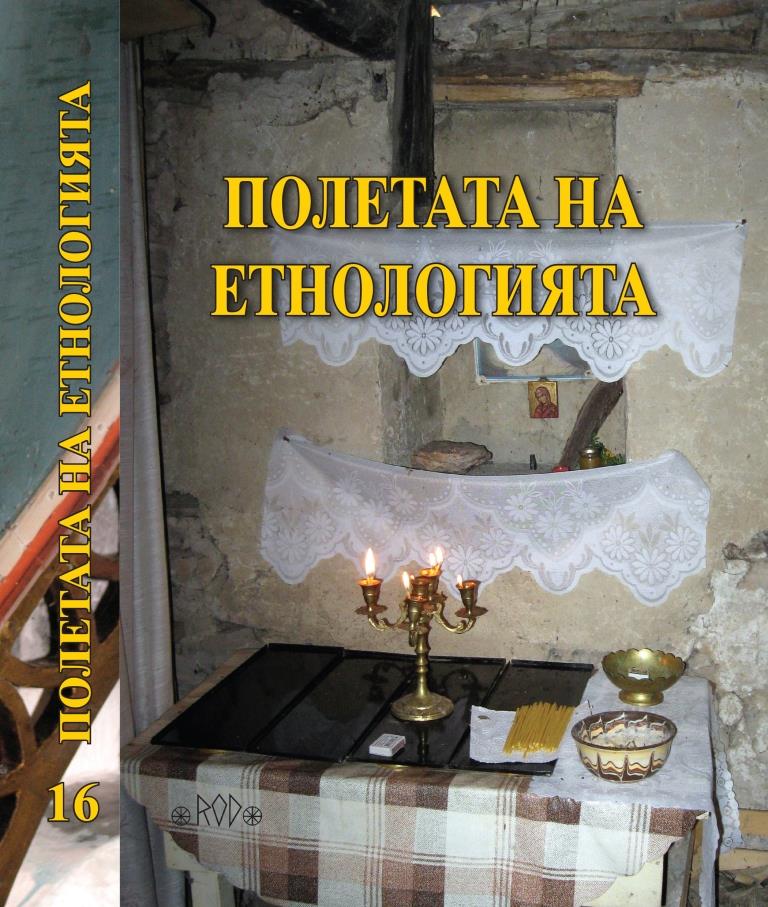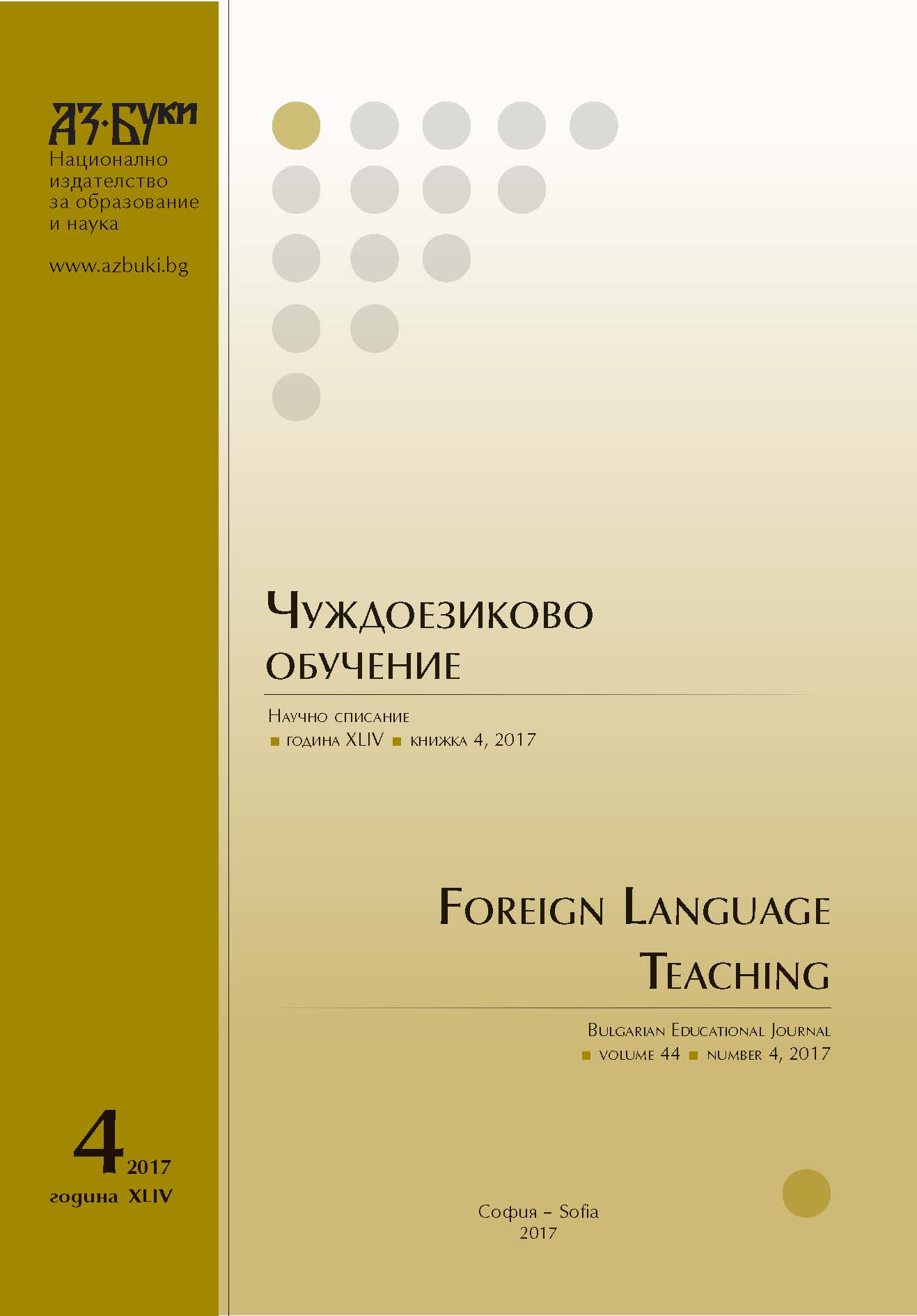
Понятие «владение языком» в российской методической литературе
The article deals with different approaches to interpreting the concept “language proficiency” in Russian linguopedagogical works. The types of the language proficiency (active/passive, productive/receptive, translation based / non translation based, conscious/unconscious, intuitive-sensitive/rational-logical) are analyzed. The main characteristics of this concept are given. The language proficiency is interpreted as speech competence, as a set of speech skills.
More...
